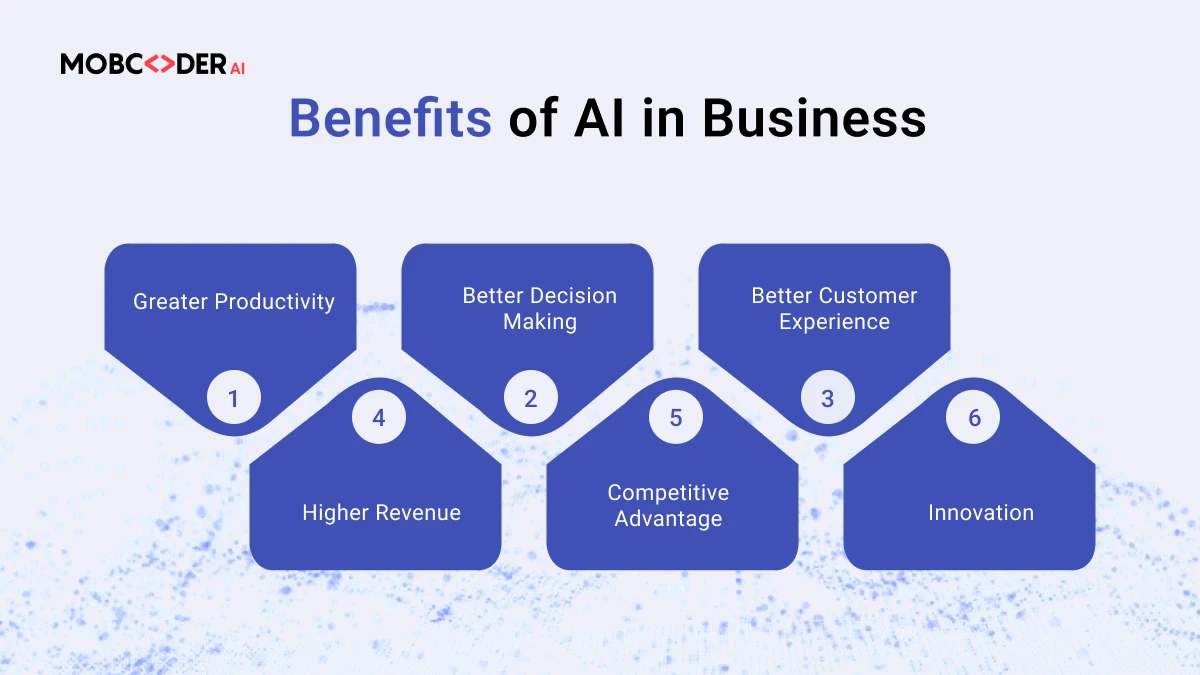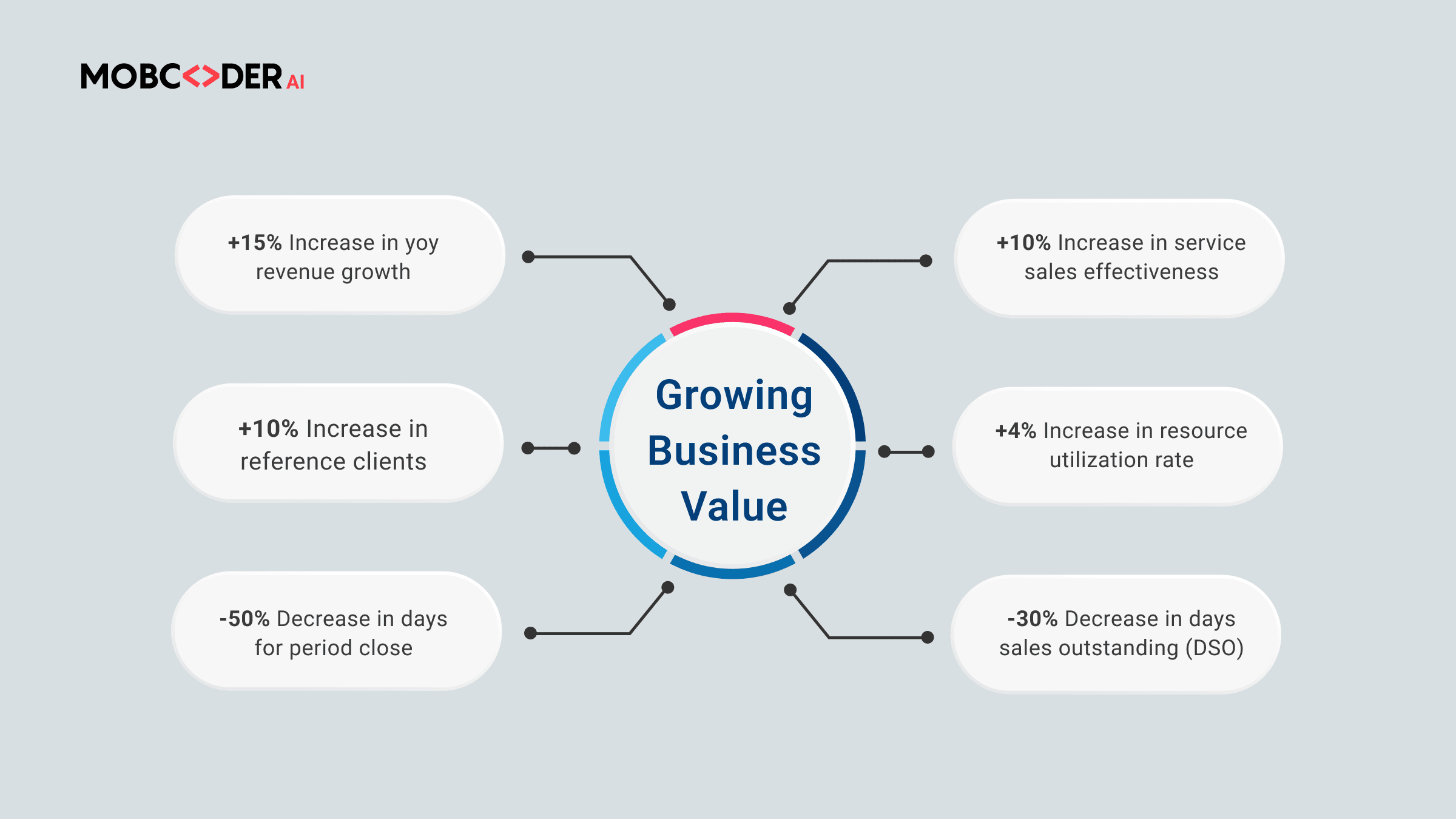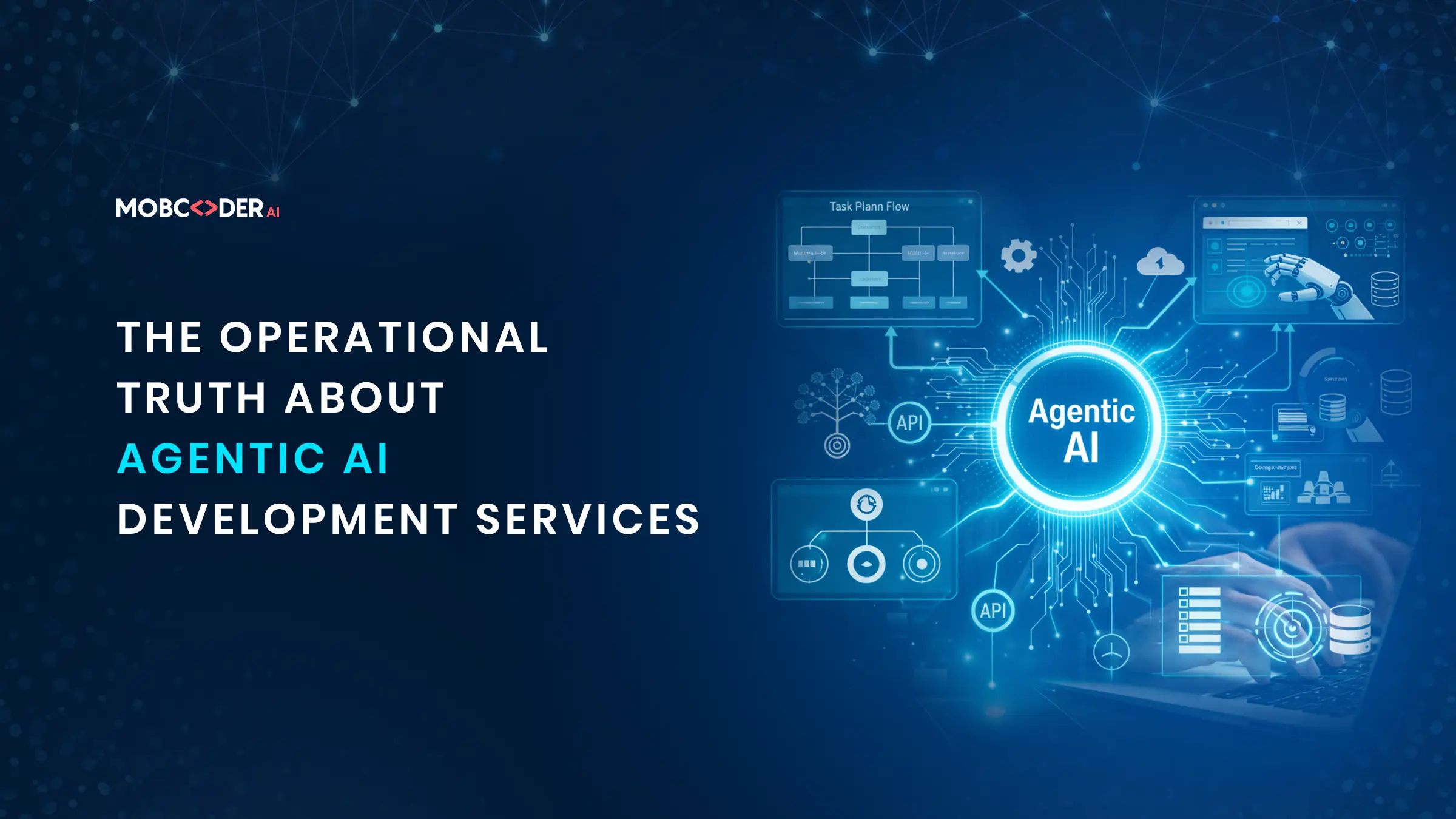June 18, 2025
Girijesh Kumar
The Shift Toward Automation: A Brief Context
Challenges to Consider (and Overcome)
The Human + AI Workforce
Final Thoughts: AI as the Cornerstone of Business Evolution
In the ever-evolving world of technology, one thing is becoming increasingly clear: Artificial Intelligence (AI) is no longer a futuristic luxury — it’s a modern-day necessity. In 2025, the integration of AI into business automation isn’t just a competitive advantage — it’s a survival strategy. As we face tighter markets, rising customer expectations, and rapid digital transformation, AI development is shaping the very fabric of how businesses operate.
In this blog, we’ll explore why AI development is so crucial for business automation in 2025, how it’s reshaping industries, and how organizations can leverage it to remain agile, efficient, and ahead of the curve.
Automation isn’t new. Businesses have been using machines and software to reduce manual effort for decades. But what we’re seeing now is a paradigm shift. Basic rule-based automation — think traditional RPA (Robotic Process Automation) — is giving way to intelligent automation, powered by machine learning, natural language processing, and cognitive computing.
By 2025, over 80% of businesses worldwide are expected to integrate some form of AI-powered automation into their core processes. But why is this happening now?
Here are the driving forces:
Also Read - The New Era of Software: How AI Development Is Reshaping Applications
The first and most obvious benefit of AI in business automation is efficiency. Repetitive, time-consuming tasks like data entry, invoice processing, customer service queries, and document verification can now be handled by intelligent systems in a fraction of the time.
Example: AI in Supply Chain Management
In 2025, AI-driven logistics systems are optimizing delivery routes in real time based on traffic, weather, and historical data. Warehouse robots, powered by computer vision and predictive analytics, restock items even before inventory runs low. This not only speeds up the supply chain but drastically reduces human error and overhead.
Result: What took days is done in minutes. Downtime is slashed. Resources are optimized.
Every business collects data — but few know how to truly harness it. AI changes that by enabling real-time insights and predictive analytics. AI systems can sift through massive datasets, spot trends, forecast outcomes, and even suggest next-best actions.
In 2025, leaders no longer wait for end-of-quarter reports to make decisions. They’re using AI dashboards that analyze live data streams — from customer behavior to operational metrics — helping them stay agile in a rapidly changing market.
Use Case: Predictive Maintenance in Manufacturing
With AI monitoring machine sensors, manufacturers know when a piece of equipment is likely to fail before it happens. This allows for timely maintenance and avoids costly production halts.

Customer expectations are sky-high in 2025. They want fast, accurate, and personalized interactions — whether it's through a chatbot, email, or mobile app. AI is making this possible with technologies like:
Example: AI in E-Commerce
Imagine a fashion retailer that uses AI to analyze a customer’s browsing history, social media activity, and even the weather in their city. It then recommends the perfect outfit, in the right size, at the right time. Conversion rates skyrocket. Customer loyalty deepens.
One of the most powerful trends in 2025 is Intelligent Process Automation, where AI is layered on top of traditional automation tools like RPA. IPA doesn’t just follow rules — it learns and adapts. This means it can:
Industry Insight: Banking
In the financial sector, IPA is automating everything from fraud detection to loan approvals. AI systems assess creditworthiness, verify documents using OCR (optical character recognition), and even detect anomalies in transaction patterns — all in real time.
HR departments are often bogged down by administrative tasks. AI is turning that around by automating:
With AI-powered automation, HR teams can focus more on strategic initiatives like employee engagement, retention, and organizational development.
Also Read-AI for Business Automation: Reducing Costs and Increasing Efficiency
Regulations are getting more complex, and businesses can't afford slip-ups. AI helps ensure compliance in real time by:
This is especially critical in industries like healthcare, finance, and law, where regulatory fines can be devastating.
Also Read-AI for Business Automation: Reducing Costs and Increasing Efficiency
Unlike human teams, AI systems scale instantly. Need to handle double the customer queries during the holiday season? No problem. Want to analyze a new set of market data? Done in seconds.
In 2025, companies are building modular AI-based workflows that adapt to changing business needs without requiring a full re-engineering of processes. This gives them a serious edge in markets that are in constant flux.
While AI-driven automation offers massive benefits, it’s not without challenges:
Smart organizations are tackling these head-on with proper governance, training programs, ethical AI frameworks, and strong data policies.
Importantly, AI is not here to replace humans, but to augment them. The most successful businesses in 2025 are blending human creativity with machine intelligence. They’re upskilling their workforce to collaborate with AI, rather than compete with it.
The Future Role of Humans:
This hybrid model creates a smarter, more responsive organization.

The writing is on the wall: AI development is not a passing trend. In 2025, it is foundational to business automation, innovation, and growth. From streamlining operations to unlocking deep insights, AI is transforming the way businesses operate, making them faster, smarter, and more resilient.
Whether you’re a startup looking to scale or an enterprise ready to lead your industry, investing in AI automation is no longer optional — it’s imperative.
If your organization hasn’t started its AI journey yet, now is the time. Because in 2025, the gap between AI adopters and laggards isn’t just a matter of efficiency — it could be the difference between thriving and becoming obsolete.
Also Read - Top 7 Software Development Trends Shaping Australian Tech in 2025
Ready to Embrace AI in Your Business?
Let our experts help you design and deploy custom AI solutions tailored to your automation needs. Contact us today to future-proof your business with intelligent automation.

Girijesh Kumar
February 18, 2026
10min

Marc Rothmeye
February 03, 2026
8min

Girijesh Kumar
January 27, 2026
9min